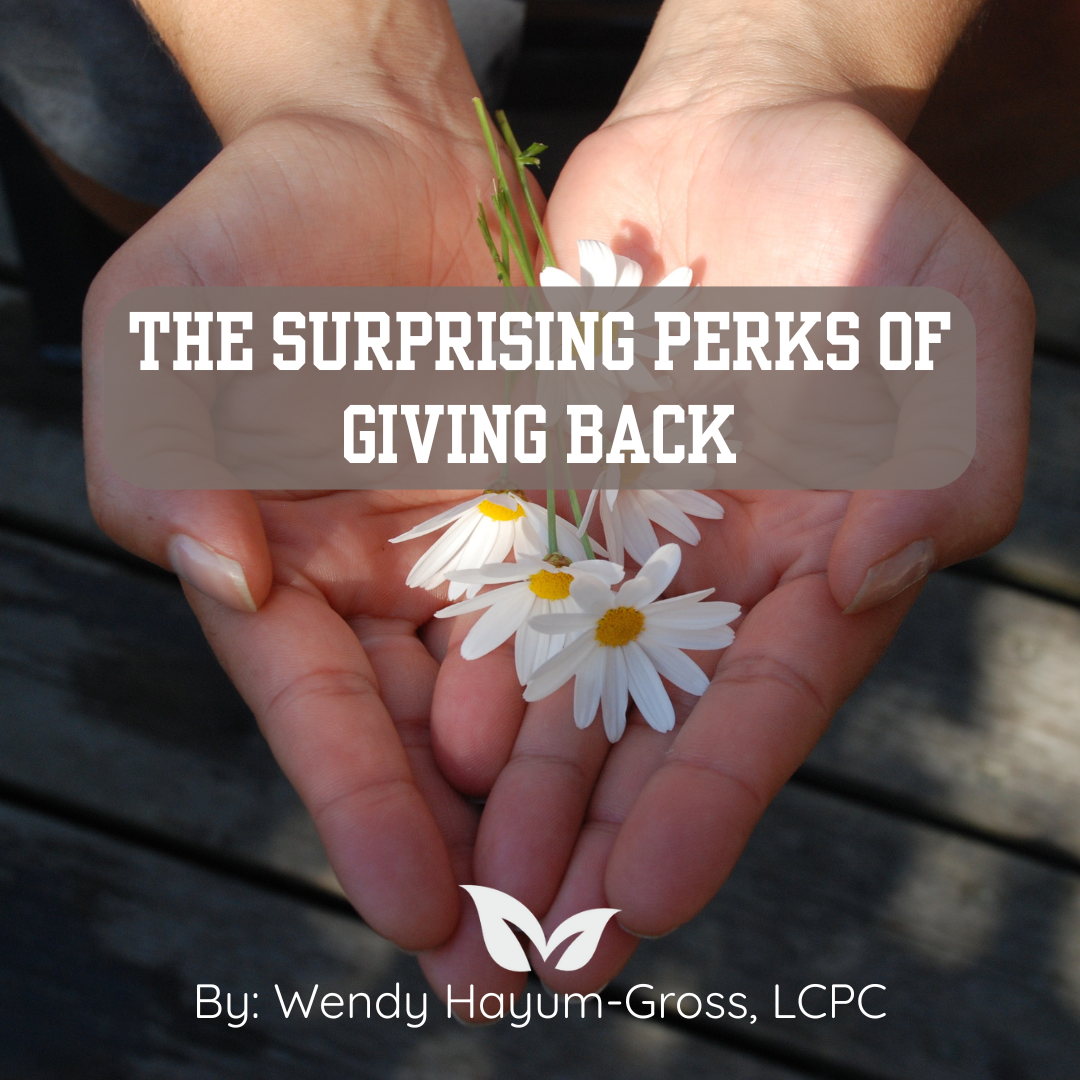


(Spoiler: It’s Mostly About You)
Let’s get one thing straight: volunteering is not just for saints, retired folks with extra time, teenagers trying to pad college applications, or criminals working off court ordered community service hours. Giving back isn’t only about doing good for others—it’s also one of the most selfishly beneficial things you can do for yourself. That’s right. The person who benefits most from your acts of kindness might be the one staring back at you in the mirror.
When most of us first start volunteering, we genuinely believe it’s all about helping others. We imagine we’re going to swoop in, save the day, and change lives. And we do—just not always in the way we expected. What no one tells you is that somewhere between stuffing envelopes, tutoring a student, or painting a community center wall, you start to change too. The giving part becomes the getting part. And the impact you hoped to make on the world? It starts making an even bigger impact on you.
1. Volunteering Makes You Happier (And It’s Science, Not Just Oprah)
According to a study from the London School of Economics, people who volunteer weekly are 16% more likely to say they are “very happy”—that’s the same boost in happiness you’d get from a $75,000 pay raise. So basically, if you volunteer and then buy a latte, you’re emotionally richer than a hedge fund manager on Christmas morning.
Volunteering triggers the release of dopamine, the “feel good” neurotransmitter. It’s like your brain’s way of giving you a high five for being a decent human being.
2. Helping Others = Stress Reduction (Without Yoga Pants)
Volunteering can lower stress levels, reduce anxiety, and help with depression. According to a Carnegie Mellon University study, adults over 50 who volunteered regularly were less likely to develop high blood pressure than those who didn’t.
So next time you’re on the verge of stress-eating a sleeve of Oreos, consider signing up to walk shelter dogs or serve meals instead. (Still bring the Oreos—sharing is caring.)
3. You Build Confidence… Even if You Can’t Assemble IKEA Furniture
Doing something good for others creates a sense of purpose and accomplishment, which is a total confidence booster. Plus, unlike your job where someone might schedule a Zoom meeting to discuss your “work product,” volunteering lets you be the hero of the story. And nothing builds self-worth like being appreciated for showing up—especially when no one’s checking your KPIs.
4. You’ll Probably Live Longer (Sorry, Vampires)
Multiple studies suggest that people who volunteer have lower mortality rates than those who don’t. Why? Because doing good gives you a reason to get up in the morning, fosters social connection, and reduces that pesky stress we just talked about. It’s basically the closest thing to a fountain of youth that doesn’t involve kale smoothies or cryogenic freezing.
5. You’ll Meet Great People (And Avoid the Weird Ones Online)
Volunteering creates natural opportunities to meet like-minded people without swiping right. Whether you're planting trees, organizing a fundraiser, or mentoring youth, you’ll connect with people who also think compassion is cool. It’s a lot more rewarding than explaining your favorite pizza toppings on a dating app.
But Wait, Aren’t We Supposed to Be Helping Others?
Absolutely. The beauty of giving back is that it’s a win-win. The people and communities you serve do benefit—often in life-changing ways. But the myth that volunteers are simply sacrificing their time out of pure altruism? Total nonsense. And that’s okay. Helping others because it makes you feel good doesn’t make the world any less better. It might actually make the world more better—because people who feel good tend to do more good. It’s a virtuous cycle with excellent vibes.
Final Thought: Do Good. Feel Good. Repeat. The best "insult" I ever get is being labeled one of those "Do Gooders".